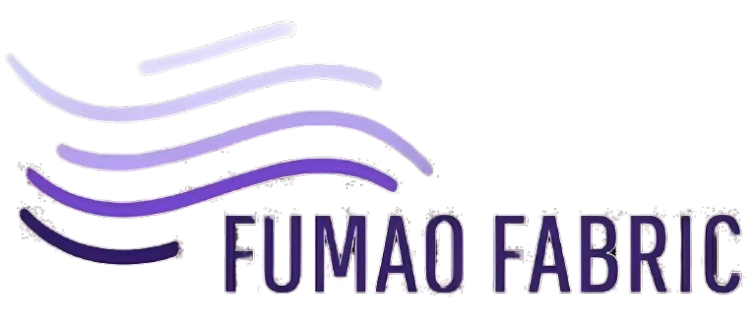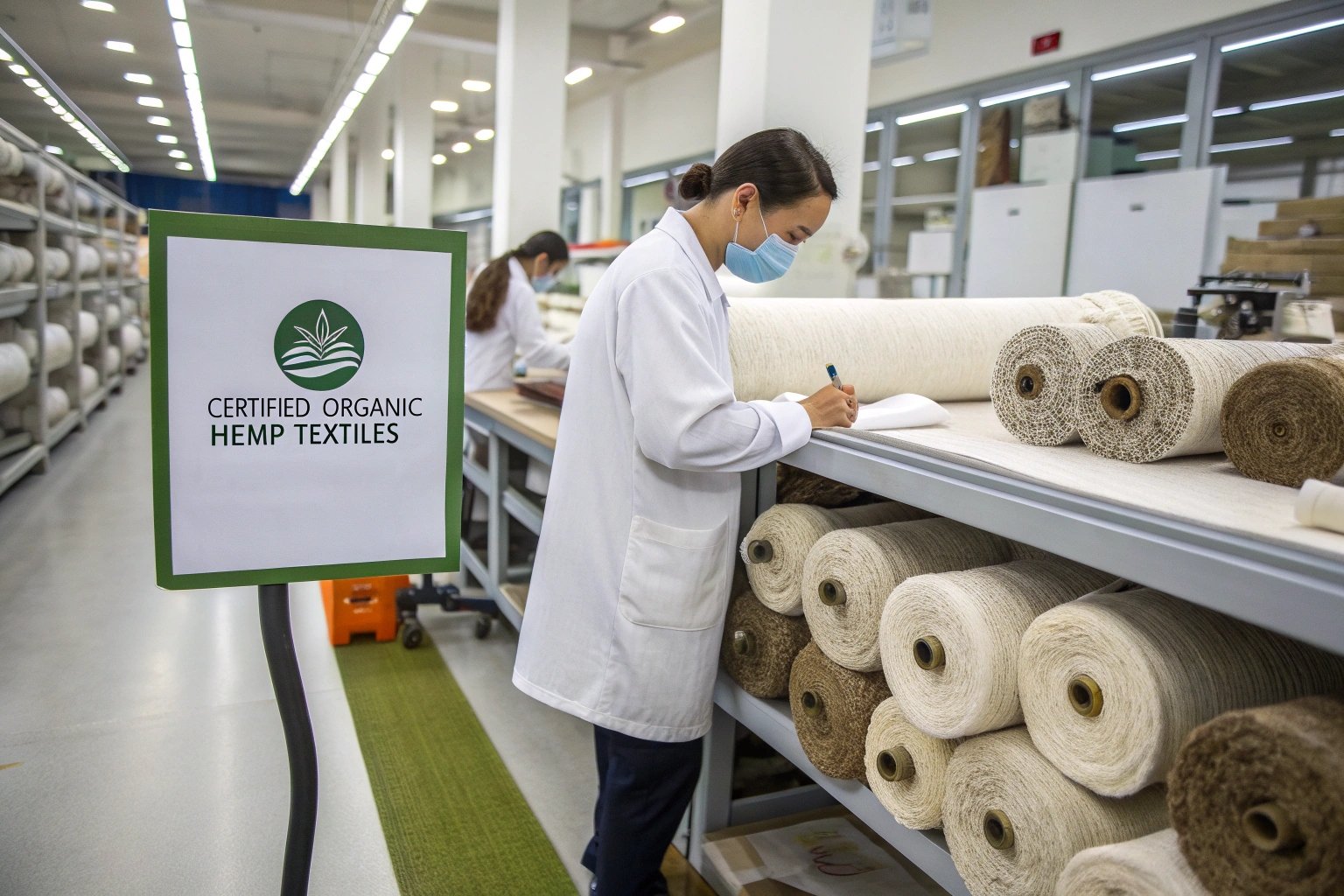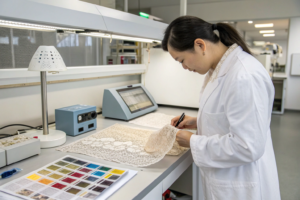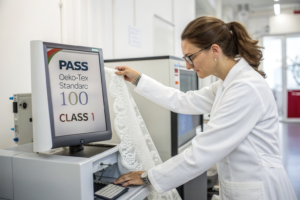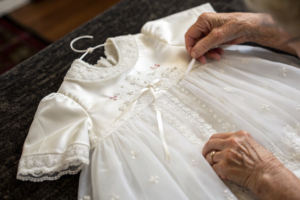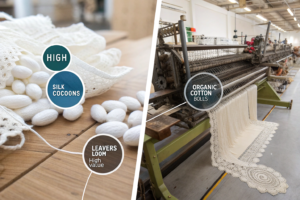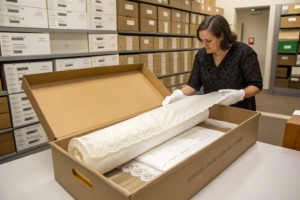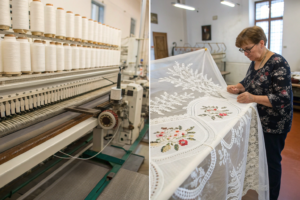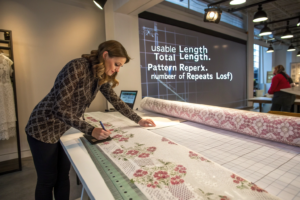If you're sourcing organic hemp fabric today, you've likely heard a flood of buzzwords—eco, sustainable, biodegradable. But for serious buyers like Ron, these words aren’t enough. You need proof. Certifications are that proof. They help you filter true organic hemp suppliers from those who just claim to be. Without them, you risk customs delays, failed audits, or worse—client distrust.
Certifications validate trust, ensure compliance, and protect your brand from risk.
When buyers ask me about organic hemp fabric, my first question is: “Which certifications do you need for your market?” Whether you're selling on Shopify or supplying major retail chains, these documents can make or break your deal. In this article, I’ll walk you through the most critical certifications that matter globally—from organic verifications to lab-tested performance metrics. And I’ll explain how, at Fumao Fabric, we build certification into every roll of hemp we ship.
Brands that want to grow sustainably must first certify sustainably. That’s not just a slogan—it’s our business model. Let’s get into the details that will help you select the right supplier and sleep better at night.
Which Organic Certifications Are Globally Recognized?
Today, greenwashing is everywhere. Anyone can call fabric “organic.” But only the right certifications separate real from fake.
The most globally accepted organic certifications for hemp include GOTS, USDA Organic, and OEKO-TEX®.
Each certifies different aspects of your product. GOTS (Global Organic Textile Standard) confirms the entire process—from field to finish—is organic and ethical. USDA Organic focuses on crop cultivation methods, while OEKO-TEX® ensures no harmful chemicals remain on the final textile. If you’re selling into the U.S., GOTS + USDA is gold. For European markets, GOTS + OEKO-TEX® is a solid combo.

What Is GOTS and Why Is It So Important?
GOTS is not just about organic farming. It also covers environmental and social standards during processing. For a fabric to carry the GOTS label, at least 70% of its fibers must be organic. The certification looks at wastewater treatment, banned chemical inputs, and fair labor conditions. It’s often a deal-breaker for European retailers.
Is USDA Organic Enough for Hemp Textiles?
USDA Organic certifies the farming method—not the fabric processing. So while it confirms the hemp was grown without synthetic fertilizers or GMOs, it doesn’t guarantee what happens in the spinning, dyeing, or finishing stages. It's useful but incomplete. For full-chain assurance, it must be paired with textile-specific certifications.
Do Chemical Safety Certifications Apply to Organic Hemp?
Many assume “organic” means chemical-free, but processing hemp into fabric still requires handling dyes, finishes, and coatings.
Certifications like OEKO-TEX® Standard 100 and REACH ensure the final hemp fabric is safe for skin and complies with chemical regulations.
This is critical for kidswear, sportswear, or products worn close to the skin. If your organic hemp passes OEKO-TEX® testing, you can assure customers it's free of substances like azo dyes, formaldehyde, and phthalates. REACH, meanwhile, is essential for selling to EU nations—it covers over 2,000 restricted chemicals.
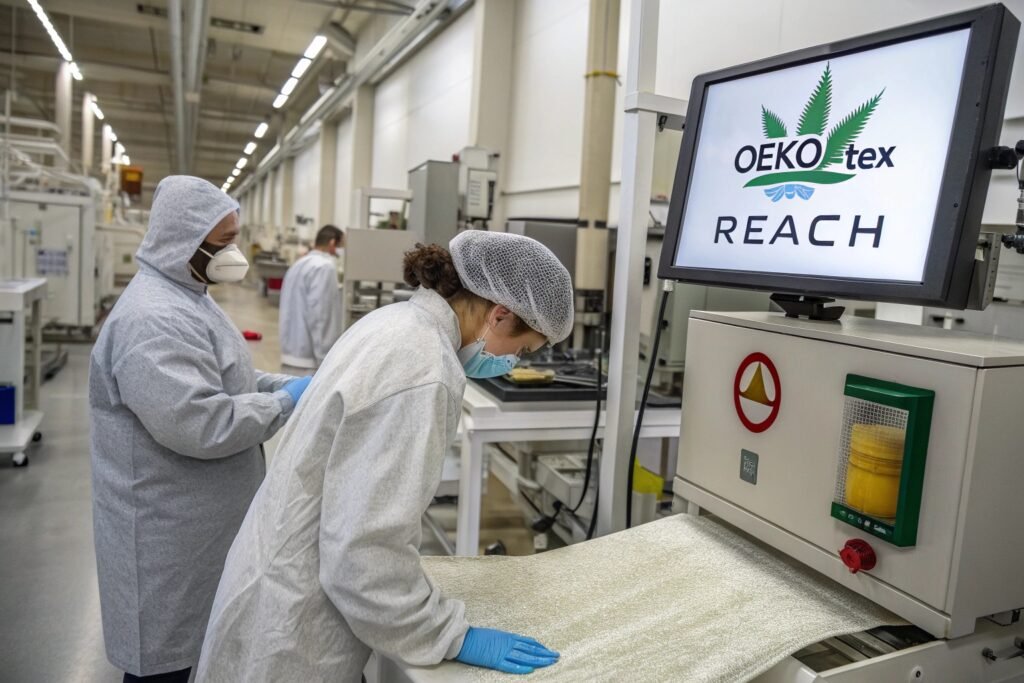
How Does OEKO-TEX® Certification Work?
The OEKO-TEX® Standard 100 involves lab testing for harmful substances in every stage of textile production. Items get classified into 4 product classes based on usage. Hemp for baby clothes needs the strictest level (Class I). Certification means lower recall risk and smoother customs clearance—especially in the EU.
Is REACH Compliance Mandatory?
REACH isn’t a textile certification—it’s a European chemical safety law. But if your fabric contains restricted chemicals, customs can reject your shipment. Even if you're exporting organic hemp, if it’s dyed with a non-compliant pigment, you’re at risk. We run internal REACH tests in our CNAS-certified lab to avoid this.
How Do Sustainability Certifications Support Brand Claims?
Eco-conscious customers look beyond fibers—they care about full environmental impact.
Sustainability-focused certifications like GRS (Global Recycled Standard), FSC (for cellulose blends), and Carbon Trust validate broader eco-responsibility in hemp fabrics.
Even if you use virgin hemp, blending with recycled polyester or using sustainable packaging can boost your product’s appeal. These certifications help when pitching to eco-brand retailers or launching crowdfunding campaigns focused on green fashion.

Can Organic Hemp Be GRS Certified?
Yes—if it’s blended with recycled components. We often blend organic hemp with recycled polyester or nylon for stretch or durability. GRS confirms the recycled material source, and that no harmful substances were used in its reprocessing. Many U.S. retailers now ask for GRS when accepting blended textiles.
Does FSC Apply to Hemp Blends?
FSC (Forest Stewardship Council) certification applies when hemp is blended with regenerated fibers like modal or viscose. If the viscose in your hemp-modal blend comes from responsibly managed forests, you can display FSC certification—boosting your eco-profile further.
What Testing Certificates Do Serious Buyers Expect?
Even with organic and eco-certifications, performance still matters. A fabric that shrinks 10% is a return risk.
Certificates from labs like SGS, Intertek, and our CNAS-accredited center verify key performance metrics for hemp fabrics.
These include shrinkage, tensile strength, pilling resistance, and UV protection. Buyers want lab results they can show during audits or attach to tech packs. Without these, you risk delays or rejections.
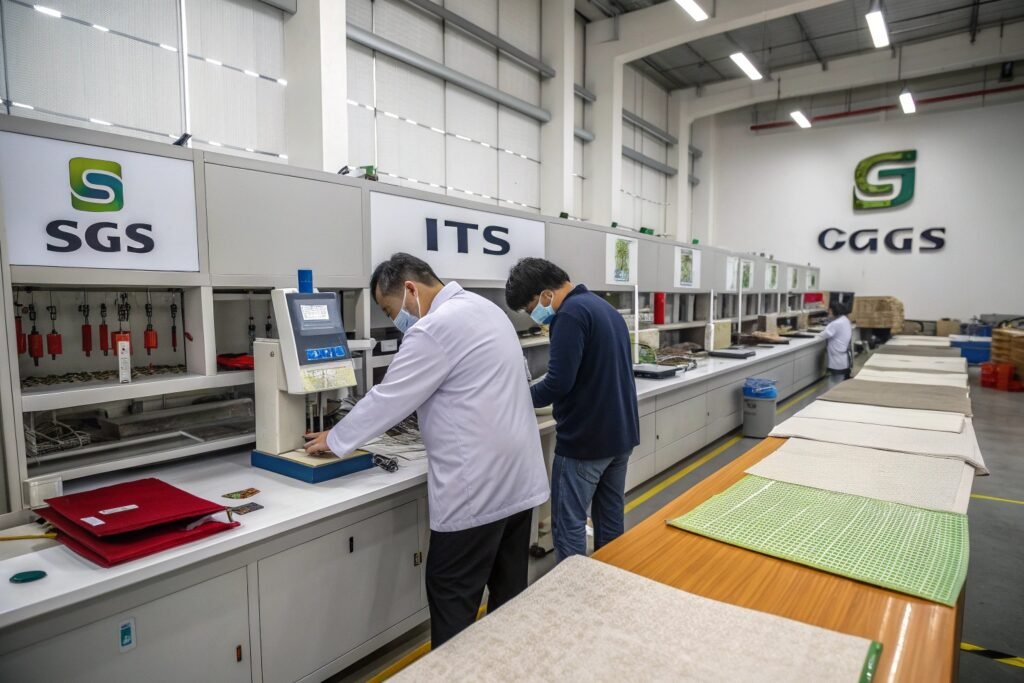
What Are the Key Lab Tests for Hemp Fabrics?
Top tests include shrinkage (before/after wash), tear strength, colorfastness (to light, rub, wash), and pilling. We also offer UV-protection and antibacterial testing for brands targeting outdoor or wellness segments. All results are traceable via QR codes on our fabric rolls.
Are CNAS, SGS, or ITS Certifications Interchangeable?
Not exactly. SGS and Intertek are globally recognized third-party labs. CNAS is China’s national lab accreditation—required for some exports and often trusted by Asian buyers. We use all three based on client needs and trade destination. The more tests you provide upfront, the smoother your process.
Conclusion
When it comes to organic hemp fabrics, certifications aren’t just paperwork—they’re your brand’s passport to the global market. GOTS and USDA prove origin, OEKO-TEX® and REACH confirm safety, GRS and FSC elevate sustainability, and lab tests verify performance. At Fumao Fabric, we integrate all of these layers into our process so you don’t have to chase different vendors for each one. By working with a vertically integrated supplier who understands compliance from soil to shipment, you reduce risk, build trust, and scale with confidence.
